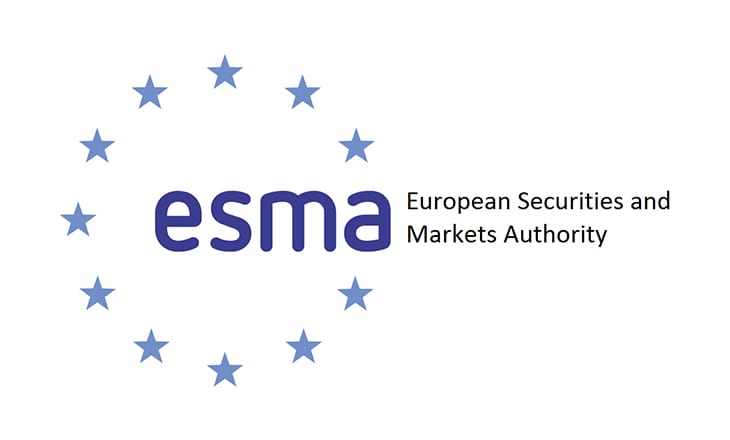The European Securities and Markets Authority (ESMA) informed that it has today issued two Statements on Initial Coin Offerings (ICOs), one on risks of ICOs for investors and one on the rules applicable to firms involved in ICOs.
ESMA has observed a rapid growth in ICOs globally and in Europe and is concerned that investors may be unaware of the high risks that they are taking when investing in ICOs. Additionally, ESMA is concerned that firms involved in ICOs may conduct their activities without complying with relevant applicable EU legislation.
Investors
ESMA is alerting investors of the high risk of losing all of their invested capital as ICOs are very risky and highly speculative investments. The price of the coin or token is typically extremely volatile and investors may not be able to redeem them for a prolonged period. Another key risk stems from the fact that, depending on how they are structured, ICOs may fall outside of the scope of EU laws and regulations, in which case investors cannot benefit from the protection that these laws and regulations provide. ICOs are also vulnerable to the risk of fraud or money laundering.
Firms
Where ICOs qualify as financial instruments, it is likely that firms involved in ICOs conduct regulated investment activities, in which case they need to comply with the relevant legislation, including for example:
- the Prospectus Directive,
- the Markets in Financial Instruments Directive (MiFID),
- the Alternative Investment Fund Managers Directive (AIFMD); and
- the Fourth Anti-Money Laundering Directive.
ESMA stresses that firms involved in ICOs should give careful consideration as to whether their activities constitute regulated activities. Any failure to comply with the applicable rules will constitute a breach.
Background
An ICO is an innovative way of raising money from the public, using so-called coins or tokens and can also be called an initial token offering or token sale. In an ICO, a business or individual issues coins or tokens and puts them for sale in exchange for fiat currencies, such as the Euro, or more often virtual currencies, e.g. Bitcoin or Ether.
The features and purpose of the coins or tokens vary across ICOs:
- Some coins or tokens serve to access or purchase a service or product that the issuer develops using the proceeds of the ICO;
- Others provide voting rights or a share in the future revenues of the issuing venture;
- Some have no tangible value; and
- Some coins or tokens are traded and/or may be exchanged into fiat or virtual currencies at specialised coin exchanges after issuance.
ICOs are used to raise funds for a variety of projects, including but not limited to businesses leveraging on the Blockchain or Distributed Ledger Technology.

